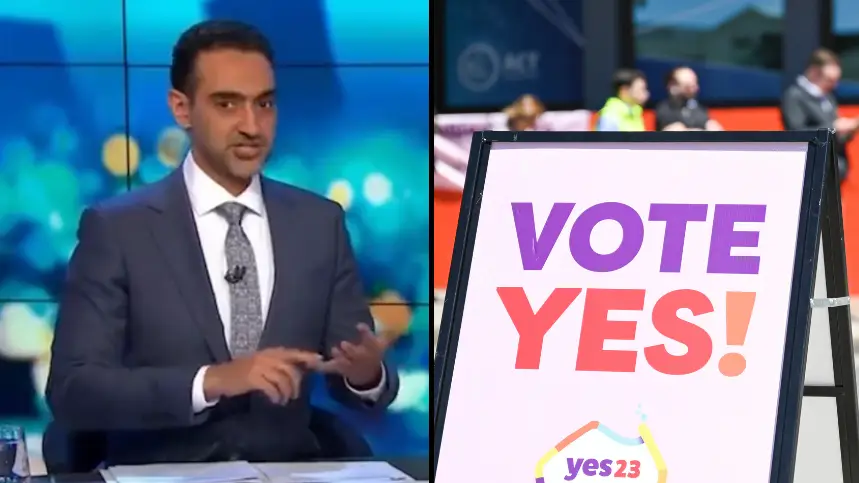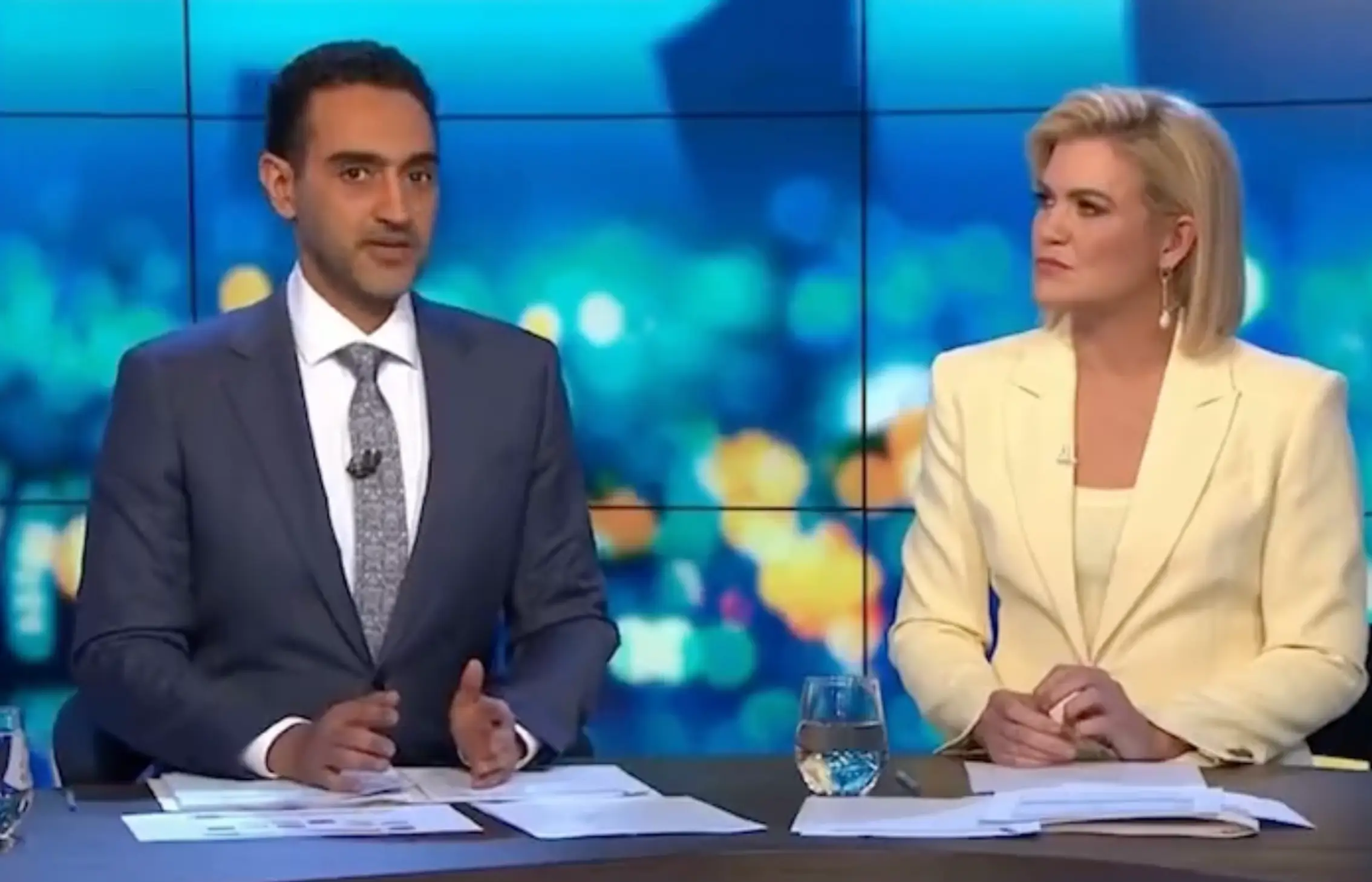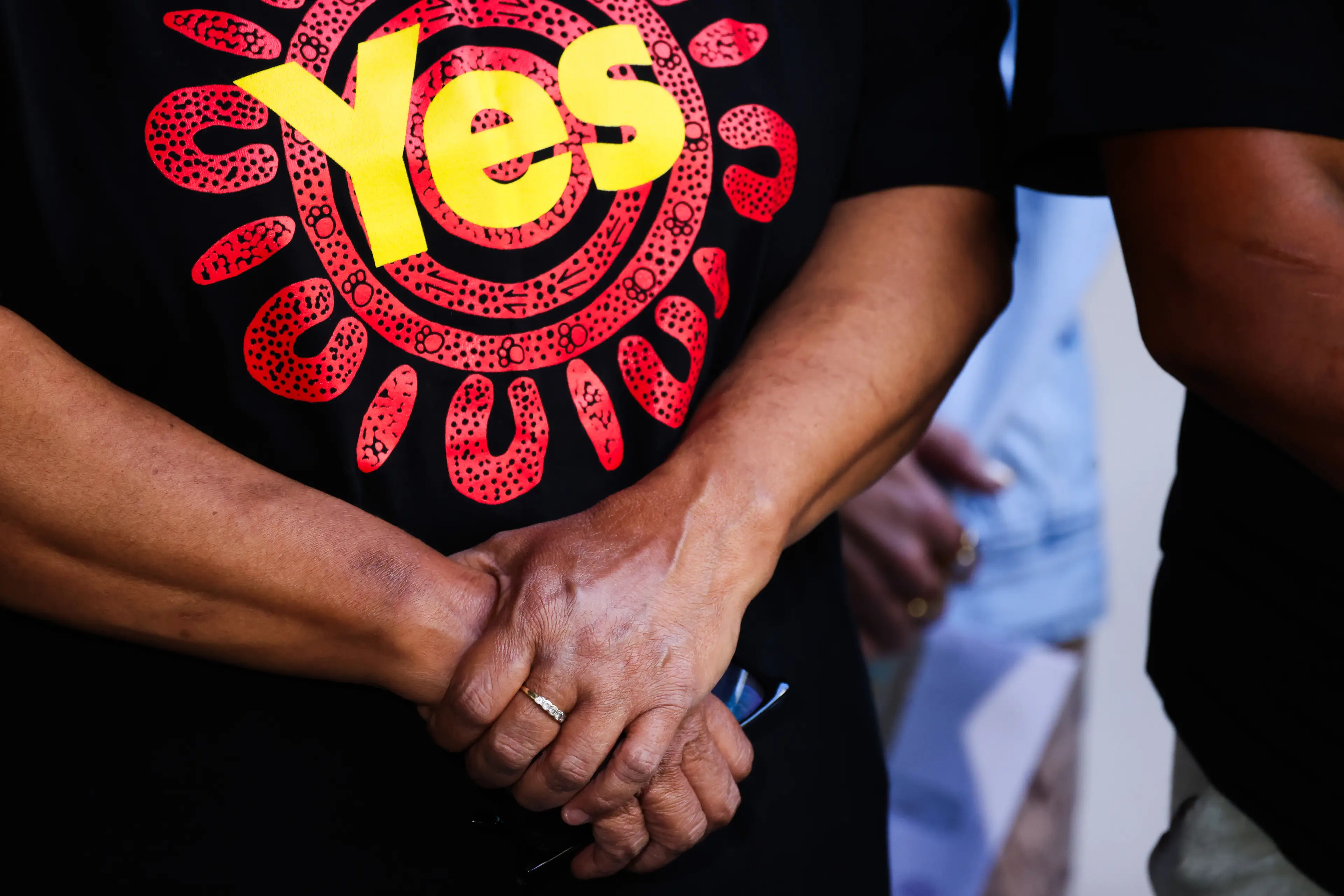
Waleed Aly says the proposal for the Voice to Parliament referendum was 'too complicated' for less educated Australians.
While speaking on The Project, the former host said that 'elites' were more likely to vote yes on the ballot paper.
He added that education was the most significant factor for voters.
“The biggest dividing line seems to be education. So if you are in a seat that had high levels of tertiary education, bachelor or postgrad (degrees), then you were at the very top end of the Yes vote,” he said.
Advert
Aly added that this doesn’t mean that people with a tertiary education are more intelligent, but rather the proposal was ‘too complicated’ for the ‘less educated’ as they were at the ‘low end of the Yes vote'.

“And that's not to say people who are educated know what they are doing, people who don't have tertiary education don't, it's about the style of the message,” he said.
Aly, a university lecturer, said it ultimately becomes an ‘elite’ argument.
“[I] can totally see why you would propose [the Voice]. If you go through the history, you go through the experience of the people who designed it or came up with the idea, it actually makes perfect sense,” he added.
“But most people haven't been on that journey, and when you come to them with this idea that's actually quite abstract and complicated, they're going to respond with an instinct and that instinct is it just doesn't feel right.”
Despite Aly's opinion being supported by data, some have not taken the comments well.
One person on Twitter/X said: "I've been waiting to see which elitist inflated prick would come out with this argument first... and sure enough, this one did."
Another added: "How condescending and rude. How is he allowed to get away with saying that about the majority?"
A third wrote: "Talking down to the community when you don't get the result you want is not how you get them on-side. Waleed and his fellow travellers need to look in the mirror if they want to know why they lost."

Co-host Sarah Harris added that pro-Voice campaigners targeted people in the inner city - where the majority voted Yes - rather than seeking out undecided voters.
Results show that the Yes vote received the strongest results in regions with high proportions of voters with bachelor’s degrees or above.
“Education was the biggest indicator of how a particular electorate or community might vote. Of the seats to have voted Yes, all were among the top third in the country in terms of education attainment,” Shane Wright, senior economics correspondent for the Sydney Morning Herald, wrote.
Wright said that income was also a factor.
“Again, the nation’s wealthiest seats, such as Curtin in Western Australia, Kooyong in Victoria, Wentworth in New South Wales and Ryan in Queensland, backed the Voice,” he wrote.
ABC election analyst Antony Green noted how the results were similar to the outcome of the 1999 republican referendum, which Australia also said 'no' to.
"It's an attempt to achieve something which a lot of people didn't particularly feel connected to, or wondered what it's all about and it has led to the defeat of the referendum,” he added, as per ABC News.